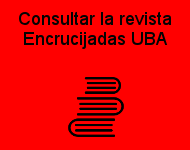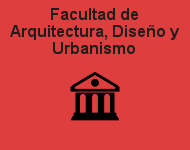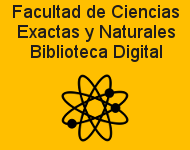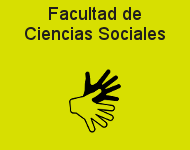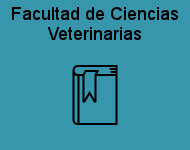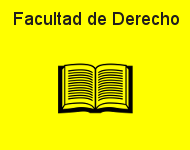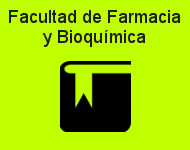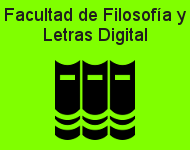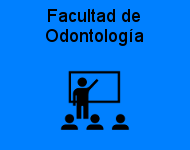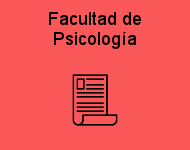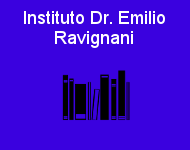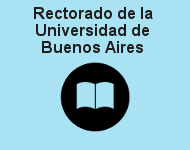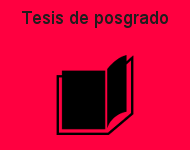Dos tesis historiográficas de la primera mitad del siglo XX en torno al uso de los conceptos de naturaleza y fin en el pensamiento político de Dante Alighieri
Arroche, Victoria
En:
Cuadernos de filosofía; Núm. 73 (2019); 31-42
Editor:
Universidad de Buenos Aires. Facultad de Filosofía y Letras. Instituto de Filosofía Dr. Alejandro Korn
Fecha:
2019-11-01
Tipo de documento:
info:eu-repo/semantics/article
info:eu-repo/semantics/publishedVersion
info:eu-repo/semantics/publishedVersion
Formato:
application/pdf
Idioma:
spa
Temas:
end - nature - medieval political theories - Dante - fin - naturaleza - teoría política medieval - Dante
Contenido:
Este trabajo presenta con bastante detalle y examina críticamente las posturas historiográficas de dos intelectuales que vivieron en la primera mitad del siglo XX: Francesco Ercole (1884-1945) y Bruno Nardi (1884-1968). Estos intelectuales italianos, especialistas en el pensamiento de Dante Alighieri y en particular en su filosofía política, desarrollaron sus respectivos análisis estudiando la articulación entre dos conceptos esenciales en la elaboración de las teorías políticas que surgieron entre el siglo XIII y XIV en el Occidente Latino. En efecto, esas nociones son “naturaleza” y “fin”. Uno de los objetivos de este artículo es mostrar que, en el marco de la teoría política presentada por Dante en Monarchia y Convivio, la operatividad de estas ideas resulta fundamental para definir en qué consiste la autonomía de una comunidad respecto de los poderes políticos con los que se relaciona.
In this paper I will critically examine the historiographical positions of Francesco Ercole (1884-1945) and Bruno Nardi (1884-1968), two Italian scholars, specialists in Dante´s work who lived in the first half of the twentieth century. These intellectuals particularly studied Dante´s political philosophy and they inquired about the articulation of “nature” and “end”, which are two essential concepts in the elaboration of the political theories in the thirteenth and fourteenth century. This article aims to show that in Dante´s political treatises Monarchia and Convivio, the ideas of “nature” and “end” are functional for defining the autonomy of a community with respect to other political powers.
In this paper I will critically examine the historiographical positions of Francesco Ercole (1884-1945) and Bruno Nardi (1884-1968), two Italian scholars, specialists in Dante´s work who lived in the first half of the twentieth century. These intellectuals particularly studied Dante´s political philosophy and they inquired about the articulation of “nature” and “end”, which are two essential concepts in the elaboration of the political theories in the thirteenth and fourteenth century. This article aims to show that in Dante´s political treatises Monarchia and Convivio, the ideas of “nature” and “end” are functional for defining the autonomy of a community with respect to other political powers.
Identificador(es):
http://revistascientificas.filo.uba.ar/index.php/CdF/article/view/9715
ISSN 0590-1901
ISSN 0590-1901
Derechos:
info:eu-repo/semantics/openAccess
http://creativecommons.org/licenses/by-nc-nd/2.5/ar/
http://creativecommons.org/licenses/by-nc-nd/2.5/ar/
Descargar texto:  9715.oai
9715.oai
 9715.oai
9715.oai Cita bibliográfica:
Arroche, Victoria (2019-11-01). Dos tesis historiográficas de la primera mitad del siglo XX en torno al uso de los conceptos de naturaleza y fin en el pensamiento político de Dante Alighieri. (info:eu-repo/semantics/article). En: Cuadernos de filosofía; Núm. 73 (2019); 31-42. Instituto de Filosofía Dr. Alejandro Korn. Facultad de Filosofía y Letras. Universidad de Buenos Aires [consultado: 6/5/2025] Disponible en el Repositorio Digital Institucional de la Universidad de Buenos Aires: <http://revistascientificas.filo.uba.ar/index.php/CdF/article/view/9715>


